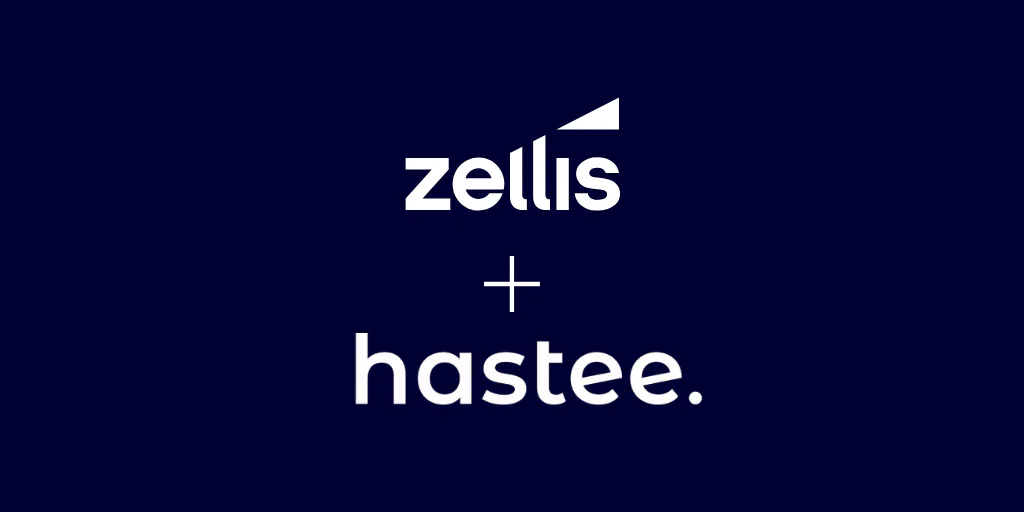
Payday loans are an expensive way to borrow. Never take out a payday loan unless you’re certain you can repay it on time and in full – otherwise, the costs can soon spiral out of control. If you’re thinking of getting one, here’s what you need to know.
- How payday loans work
- What payday loans cost you
- Avoiding the payday loans trap
- If you’re about to get a payday loan
How payday loans work
Payday loans are short-term loans originally designed to tide people over until payday.
Need someone to talk to about your finances?
If you’re struggling with money, you can talk to someone today, online, by phone or face to face. We have specially trained advisers who can help you start sorting out your financial problems.
Find free, confidential advice now using our free debt advice locator tool.
The money is paid directly into your bank account, and you repay in full with interest and charges – at the end of the month.
Increasingly though, you can borrow for longer periods – typically three months (but longer loans are available) and repay in instalments.
What all these loans have in common is that they are high cost and short-term, and often for small amounts.
Normally you have until payday to pay back your loan plus interest, although some payday lenders let you choose the repayment period.
A payday loan is expensive and could make your situation worse if you can’t afford to pay it back on time. You need to think carefully before choosing one.
What payday loans cost you
Did you know?
Over a year, the average annual percentage interest rate of charge (APR) could be up to 1,500% compared to 22.8% APR for a typical credit card.
The cost of payday loans is capped by law, under rules made by the Financial Conduct Authority (FCA).
The rules limit the amount of interest and default fees you can be charged.
Someone taking out a loan for 30 days will pay no more than £24 in fees and charges per £100 borrowed, and if you don’t repay on time, the most you can be charged in default fees is £15 plus interest on the amount you borrowed.
An overall cap means that you will never pay back more than twice what you initially borrowed.
Recurring payments
Before agreeing to a loan, many payday lenders will ask you to set up a recurring payment (also known as a continuous payment authority or CPA).
This lets them take what you owe directly from your bank account via your debit card on the repayment date.
This can be handy, but it is risky. It might not leave you enough money in your account for other bill payments, such as mortgage or rent, or other essential spending, such as heating or food. And it could take you over your overdraft limit, leading to bank charges.
If you don’t feel a CPA will leave you in enough control, ask the lender if you can in other ways.
You can cancel a CPA at any time – although you will still owe the debt so need to repay it in another way.
Avoiding the payday loans trap
If you have problems repaying a payday loan, the payday lender might tempt you with an extension known as a deferral or rollover, or even a further loan.
However, they’re limited in how many times they can roll over a loan, and must give you an information sheet each time with details of free debt advice providers.
Rolling over your payday loan might seem like a great solution at the time.
But it can quickly lead to problems because you’ll have to pay back much more in interest and other fees.
This could leave you struggling to pay for the essentials you need.
Look for a better alternative
Use our Payday loan advice tool to help you find better alternatives to a payday loan.
Don’t assume that you can’t get a more suitable loan elsewhere – even if you have a poor credit rating.
Don’t be swayed by payday lenders’ advertising
Payday lenders advertise their loans for every cash flow crisis you can think of. But a payday loan is likely to be the wrong choice for you if:
- you want to use it to pay off other loans
- you already have one or more payday loans
- you aren’t 100% certain you’ll be able to pay it back on time
- you want it to pay for things you don’t need that you can’t afford – such as nights out, new clothes or concert tickets.
If you’re struggling to repay loans, credit cards and other bills, you can get free, confidential advice from a debt advice service.
The adviser will help you get your finances back on track and can negotiate with the people you owe money to.
This will help get you the time you need to repay your debts so you don’t have to resort to more borrowing.
If you’re about to get a payday loan
Before taking out a payday loan, think carefully about how you’re going to pay it back.
If you’re short of money this month, really think about whether you’ll have the money plus interest next month? Are you expecting extra income? Or are you going to have to cut back considerably on spending?
Consider whether a loan that you repay in instalments might be better for you
If you decide to get a payday loan check that the lender is regulated by the Financial Conduct Authority (FCA).
The 14-day cooling off period
If you change your mind, you can withdraw from the agreement at any time within the first 14 days.
All you need to pay is the interest on the credit you have used. Any additional charges must be refunded to you.
This article is provided by the Money Advice Service.









